

KENNESAW, Ga. | Oct 7, 2025
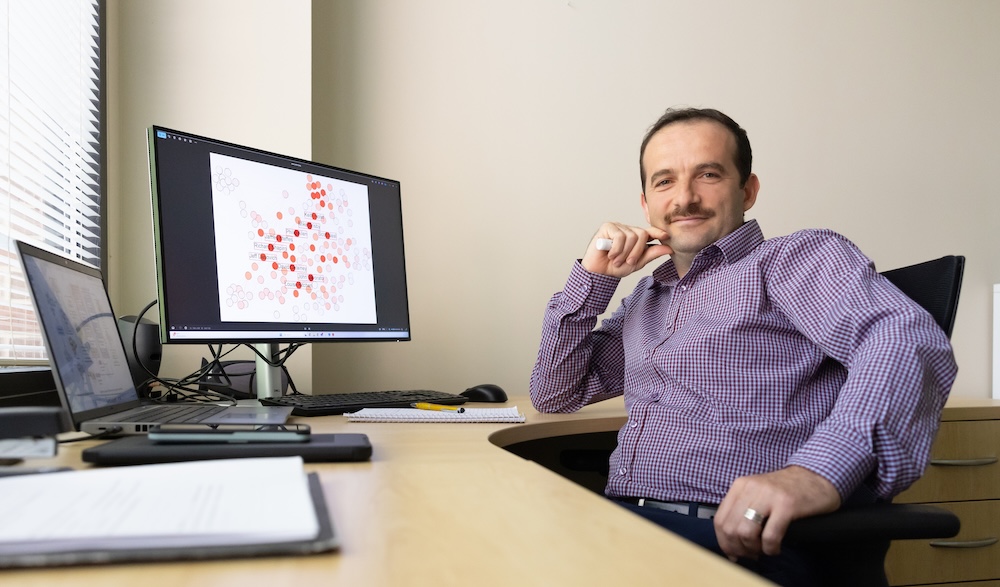
Funded through a collaborative NSF grant, Aktas is working with colleagues from Georgia State University and Georgia Gwinnett College to explore new ways of modeling information diffusion.
Aktas’s project studies how information flows within networks of people. Traditional approaches treat communication like a chain of one-to-one interactions, but research shows ideas are often exchanged in groups.
The team is using a new mathematical tool called the “sheaf Laplacian,” which allows them to represent group interactions with far more accuracy than older methods. The tool helps distinguish whether a message being passed is supportive, misleading, or contradictory. This makes it possible to explain why communities and certain voices polarize or gain influence on certain topics.
“Instead of looking at a simple phone call between two people, we’re analyzing how group discussions shape the spread of ideas,” Aktas said. “That gives us a more realistic picture of how communities interact online or in settings like classrooms and health care teams.”
There are many potential applications. Businesses could use these models to decide which influencers to partner with when launching new products. Hospitals could better match patients with the right providers. Policymakers and community leaders could also use the findings to understand how misinformation spreads and to encourage more responsible communication.
Each institution in the project brings unique expertise. Georgia State University contributes artificial intelligence expertise, Georgia Gwinnett College leads the theoretical side, and Kennesaw State University drives the data science applications.
Yiming Ji, interim dean of KSU’s College of Computing and Software Engineering, said Aktas’s work reflects the type of impactful research the college aims to support.
“Dr. Aktas’s research represents the very best of CCSE’s mission, blending strong theory with practical applications that can improve society,” Ji said. “By studying how information spreads across communities, his work not only advances scientific knowledge but also provides tools that can guide better decision-making in business, health care, and civic life.”
Aktas has received a startup grant to recruit graduate and undergraduate researchers. With the anticipated opening of the new Interdisciplinary STEM Building, he expects even greater opportunities for collaboration.
“Data science at KSU is vibrant and collaborative,” Aktas said. “Our project will bring in new students, spark fresh conversations, and help us better understand the networks that affect all of our lives.”
– Story by Raynard Churchwell
Photos by Matt Yung
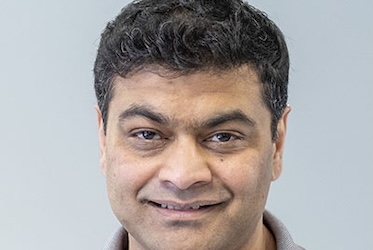
KSU's Vijay Anand honored as National Academy of Inventors Senior Member
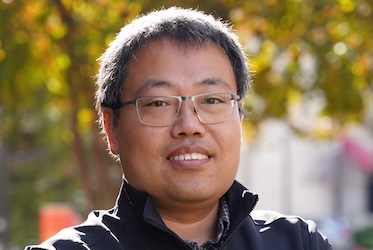
Supercomputing research at KSU speeds up the path to scientific discovery
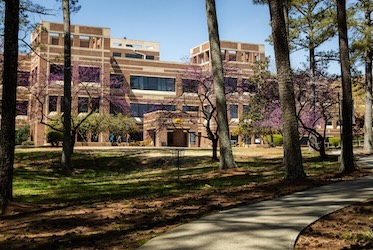
Kennesaw State University to launch Bachelor of Science in Artificial Intelligence in Fall 2026
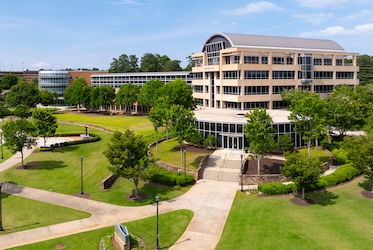
Kennesaw State among nation's top universities for online degrees in U.S. News rankings
A leader in innovative teaching and learning, Kennesaw State University offers undergraduate, graduate, and doctoral degrees to its more than 51,000 students. Kennesaw State is a member of the University System of Georgia with 11 academic colleges. The university's vibrant campus culture, diverse population, strong global ties, and entrepreneurial spirit draw students from throughout the country and the world. Kennesaw State is a Carnegie-designated doctoral research institution (R2), placing it among an elite group of only 8 percent of U.S. colleges and universities with an R1 or R2 status. For more information, visit kennesaw.edu.